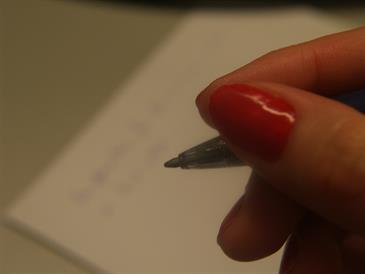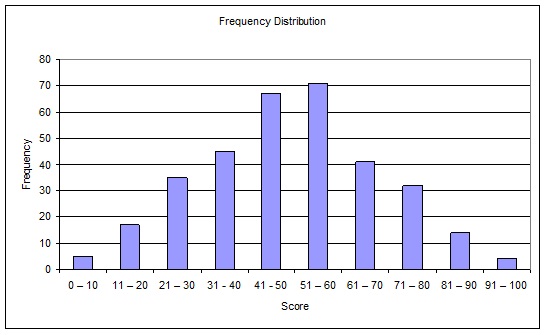Study Technical Writing with this in depth qualification.

- Improve your technical writing technique.
- Learn about the research and planning of technical documents.
- Learn about the writing and development of courses.
- Understand how different writing styles are applicable for different audiences and different media.
- Course Duration: Approximately 600 hours of self-paced studies.
Studying the Certificate in Technical Writing will benefit anyone working in product development, research or marketing.
COURSE STRUCTURE
The Certificate in Technical Writing comprises 6 modules, as shown below. Please click on the module titles for further information.
- Technical Writing BWR301
- Freelance Writing BWR102
- Medical Terminology BSC109 or Legal Terminology BWR108
- Course Writing (Development) BGN107
- Editing I BWR106
- Research Project I BGN102 or Advanced Freelance Writing BWR201 (Applied Writing)
WRITING FOR AN AUDIENCE

A writer of technical documents should have a clear idea of who is likely to read the document, and what they might need to know. The writer should also consider what the readers can be expected to already know, and what basic concepts or instructions will need to be explained. Writing a manual on how to properly maintain a new car designed for young people will greatly differ from a report by the research and development manager for the board of directors. Likewise a ‘How to use’ brochure for a new domestic electrical appliance will require a different emphasis from one for a specialised task for a surgeon.
The person who will be reading a document is your audience. You must understand who they are, the level of detail they need, how they process information and how they will use the document.
In some cases where your audience is a broad demographic e.g. ‘young people’, you will need to assume your audience has no prior experience of a topic. If however, your audience are third-year apprentice car mechanics (and you are privy to their level of understanding), your writing style can be more technical and you can assume they will understand more specific terminology.
The key to successful technical writing is to keep it simple and know your audience. In many cases, documents are aimed at a large, variable readership. In that case, the writer should include enough content to allow uninformed readers, as well as informed readers, to understand, and use a formal, precise, neutral style of writing to make the document easy to read. Especially when writing to a very broad, general audience (e.g. writing instructions for a washing machine), your writing should always meet the readers’ basic expectations of factual, unemotional language and adequate, clearly written information.
Understanding the Audience
In technical writing an author would do well to put himself in the position of the reader. This is an active process whereby the writer needs to stop doing the writing and shift thinking, rereading the piece as if from the reader’s perspective and asking if I were in the shoes of someone who knew nothing/very little about this, could I follow the process or understand discussion. This is a very difficult skill to master.
Writing Guidelines
Good technical writing uses precise and factual language. The following guidelines will help your readers understand what you write.
How to write well is not easy and often not natural. Think about the following suggestions for good writing – these points are simple but should start your though processes on the overall idea of good writing.
- know exactly what the subject is
- try to understand how much the readers already know and how interested they are in knowing more
- understand the purpose of your writing
- plan and organise the content of a document to suit your reader’s needs.
Who Uses Technical Writing?
- Technicians and Scientists
- Researchers
- Academics
- Consultants
- Report Writers
- Marketing professionals who are dealing with technical equipment and materials.
... What next?
If you would like to be an expert in technical writing, develop your skills with this distance learning course. Work with industry experts to develop your writing and skills.
Why delay? Enrol today.
If you have any questions, please do get in touch - connect with our expert Writing and Journalism tutors - use our FREE COURSE COUNSELLING SERVICE.
Stay in touch, follow us on
Twitter – Facebook - Google